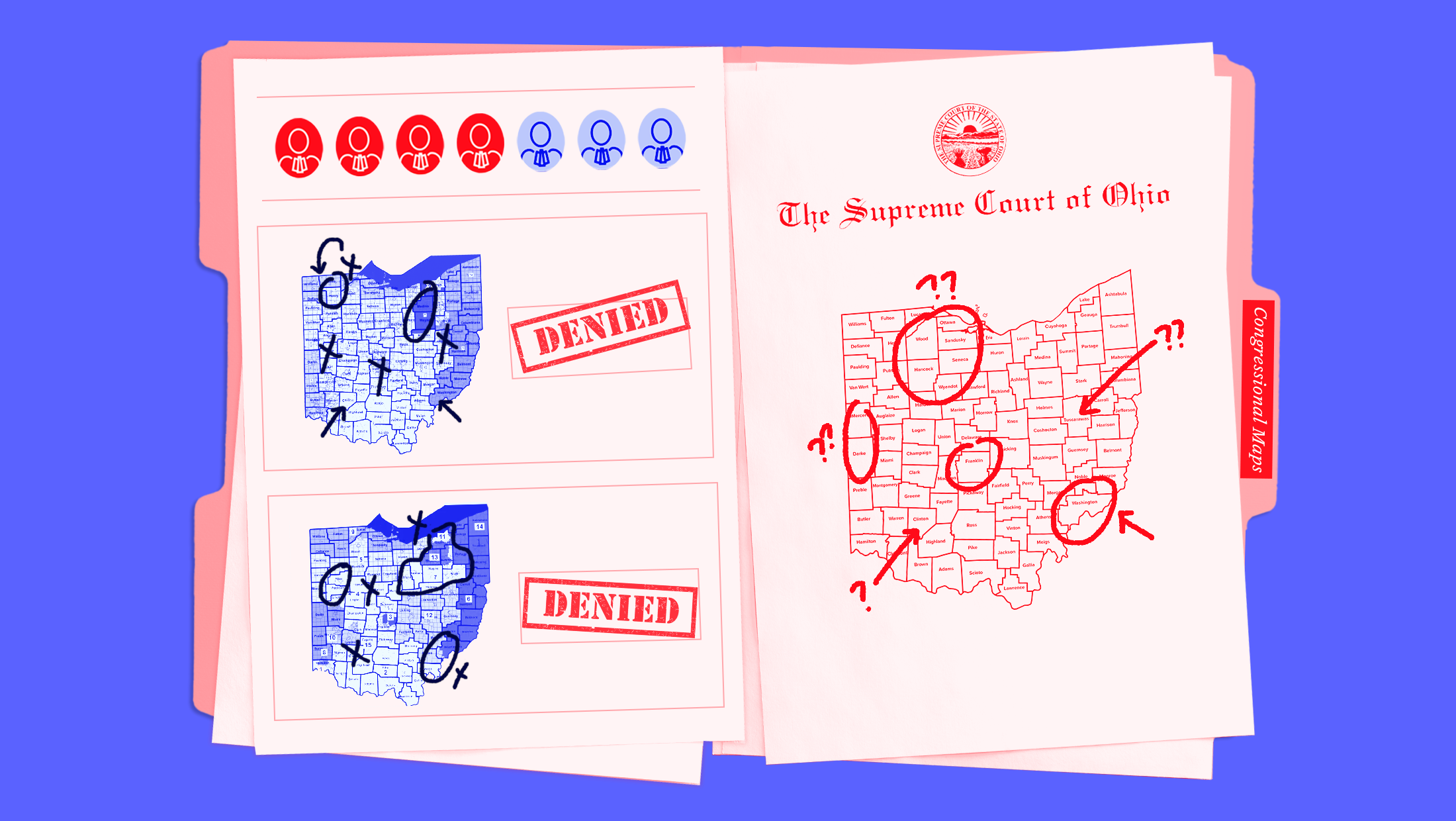With Help From Dems, Ohio Has Gerrymandering Déjà Vu
After 782 days and five bipartisan court strike downs of illegal Republican gerrymanders, Ohio is closing out its 2021 mapping cycle with Democrats caving on maps.

Read in-depth op-eds on voting rights and democracy from our contributors, guest authors and Democracy Docket's founder, Marc Elias. Use the drop-down menu to organize by topic.
After 782 days and five bipartisan court strike downs of illegal Republican gerrymanders, Ohio is closing out its 2021 mapping cycle with Democrats caving on maps.

It’s been a rough year for lawyers tasked with defending Republican redistricting maps in court.

Ten years ago, in his landmark opinion in Shelby County v. Holder, Chief Justice John Roberts promised that “our country has changed.”

It appears that Ohio Republicans will get away with having defied seven prior state Supreme Court decisions entirely unscathed.

Writing for a six-justice majority, Chief Justice John Roberts firmly rejected the so-called independent state legislature theory.

It has been roughly one year since two seismic events in the history of the U.S. Supreme Court.

The outcome in each of these cases is likely to be bad for proponents of redistricting reform. The only question that remains to be answered is: how bad?

If it is close enough, the outcome of redistricting litigation may be decisive in who holds the speaker’s gavel on Jan. 3, 2025.

North Carolina’s Republican-controlled Legislature has never been shy about abusing its power to undermine free and fair elections.

Next term, the six conservative justices on the U.S. Supreme Court could gut what remains of the Voting Rights Act of 1965.
